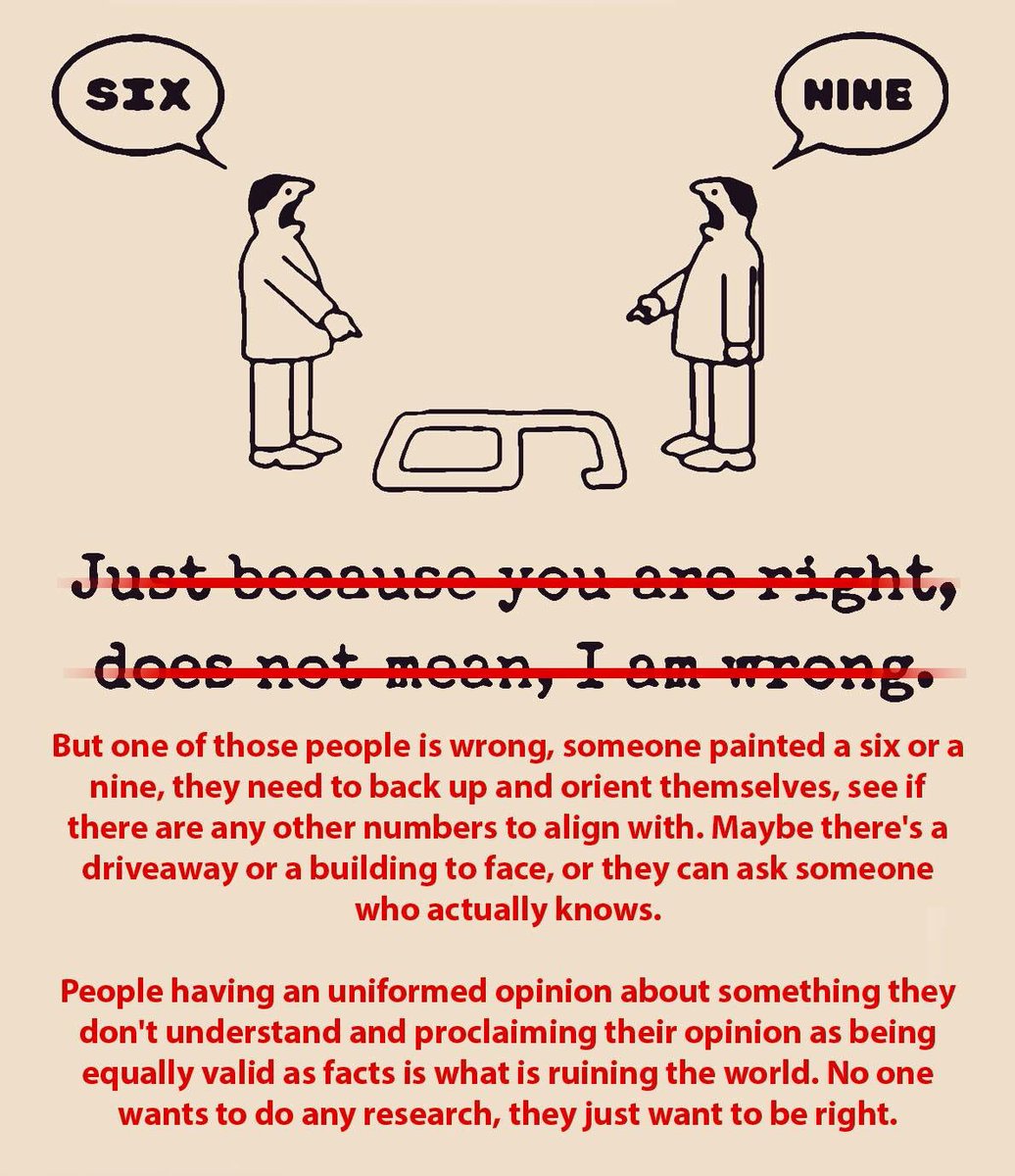... One of the only good pieces of news for Trump in this testimony is Comey's formulation of the investigation he announced as a counterintelligence investigation, not a criminal investigation. This little-understood distinction is actually important. A criminal investigation is designed to suss out whether a crime was committed and needs to be prosecuted, who is guilty of it, and whether the evidence would support a conviction. A counterintelligence investigation, by contrast, is designed to respond to foreign espionage against the United States. The goal is not necessarily to prosecute but to figure out what kind of steps may need to be taken to prevent whatever harm is threatened. Most counterintelligence investigations don't result in criminal charges; they might result instead in long-term monitoring of foreign actors, cyberdefense activities, or even diplomatic moves. So when Comey says this is a counterintelligence investigation, not a criminal investigation, he is flagging that prosecuting anyone, let alone the President, may not be his top priority.
All of which makes his apparently gratuitous inclusion of a criminal element in describing the investigation curious. As Comey notes, the criminal component of this investigation is actually always there: "As with any counterintelligence investigation," he said, "this will also include an assessment of whether any crimes were committed." The criminal element is always there there because criminal process is an inherent feature of any investigation that involves activities—like hacking and spying—that implicate federal criminal laws ...



